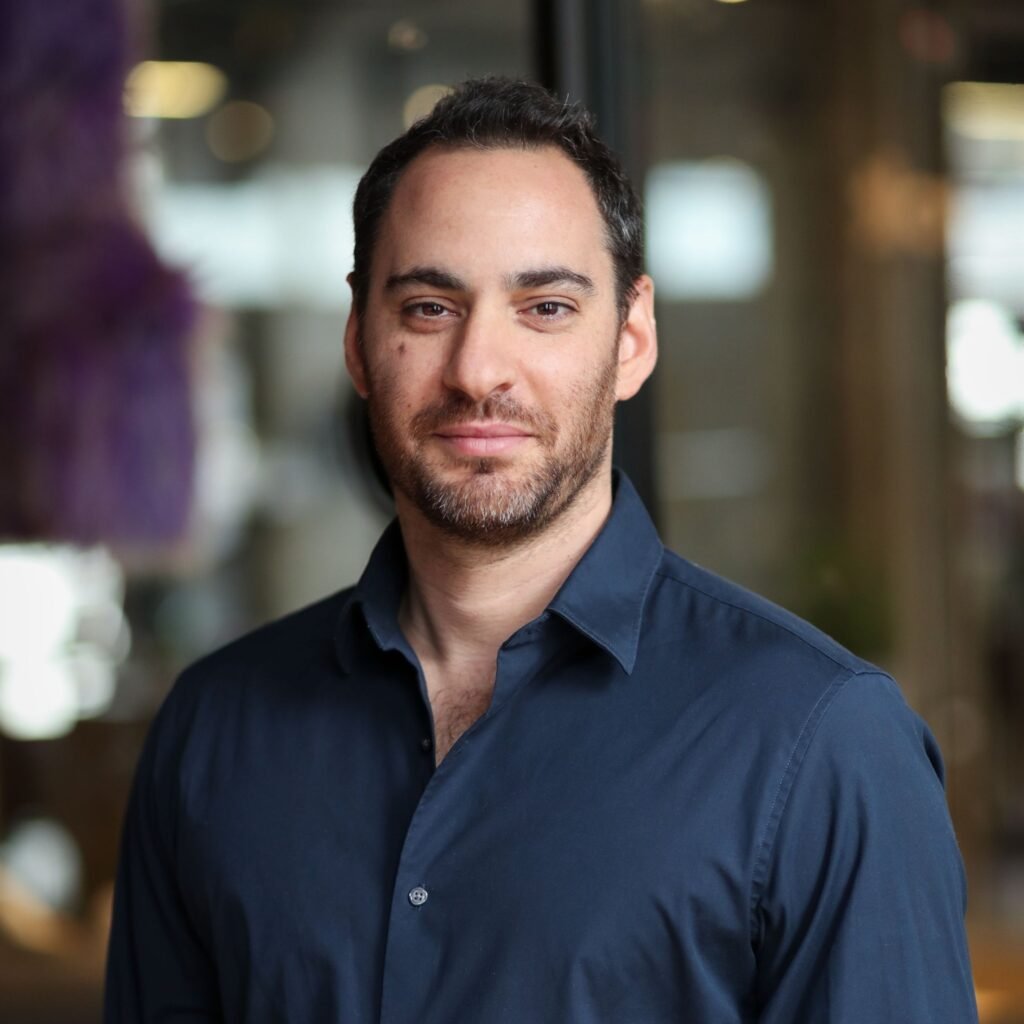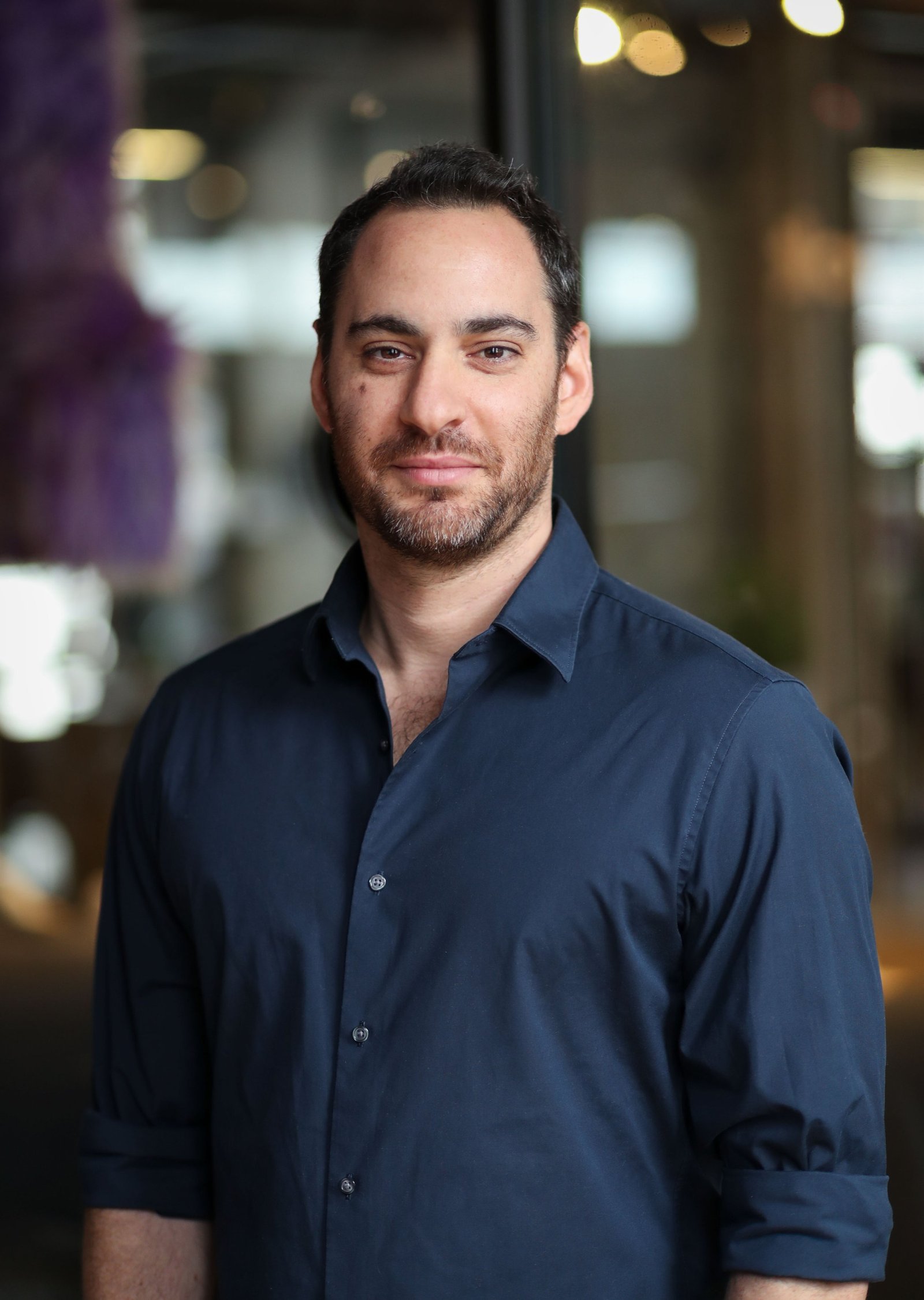I recently went one on one with Ori Fruhauf, co-founder and CEO of Agave Health.
Adam: Thanks again for taking the time to share your advice. First things first, though, I am sure readers would love to learn more about you. How did you get here? What experiences, failures, setbacks, or challenges have been most instrumental to your growth?
Ori: Thanks for having this chat with me, Adam.
To give you some background, my journey began as a co-founder of Upright, a digital health company focused on tackling back pain. Interestingly, it was also my first professional endeavor outside of the army, where I spent the initial 12 years of my adulthood as a fighter jet pilot. Building Upright presented me with a steep learning curve, forcing me to start from scratch. I had to grasp the intricacies of developing and growing a business strategy, hiring talented individuals from various fields, and effectively marketing products to consumers and businesses. I won’t sugarcoat it—I faced setbacks and learned some valuable lessons along the way. The lessons that demanded the most personal investment of time and effort turned out to be the most valuable in retrospect.
For instance, one of the lessons I learned the hard way was the complexity and cost of establishing a B2C sales path without fully understanding the intricacies of paid and organic marketing, and how to navigate and optimize it efficiently. Although I swiftly assembled the right team and redirected the business on the right track, it was a humbling experience to realize that some things are better delegated to a skilled team member, even after investing significant time in learning the ropes and running things myself.
Eventually, my co-founder and I sold Upright, and now I’ve embarked on my second venture, Agave Health, with a new partner. While I’m more confident and comfortable this time around due to the experience gained from my previous venture, I still encounter fresh challenges that bring new opportunities for learning from mistakes. Nevertheless, the lessons acquired during my time at Upright have armed me with greater wisdom and efficiency in addressing these new hurdles.
Adam: How did you come up with your business idea? What advice do you have for others on how to come up with great ideas?
Ori: Actually, my co-founder, Eve Mamane, came up with the business idea for Agave Health. Inspired by her husband’s ADHD diagnosis and struggles, she was exposed to the world of adult ADHD and realized there is a large underserved population that can be supported through tech-enabled care. From that point, we developed the idea together into our current service offerings and the vision we have for Agave Health in the coming years.
I believe that one of the best ways to come up with and develop great ideas is for them to stem from personal experience. Interestingly, this particular occasion was an exception for me. In order to ensure that I was as passionately committed as Eve in creating solutions for adults with ADHD, I actively sought out individuals within my network who have this condition – be it friends, family, or former colleagues. I dedicated countless hours engaging in meaningful conversations with them, striving to gain a profound understanding of their struggles. This endeavor not only provided me with invaluable insights into the needs of our target audience but also instilled within me a deep sense of empathy. Today, it is this humbling empathy that motivates me to wake up each morning, devote myself and give it my all.
Adam: How did you know your business idea was worth pursuing? What advice do you have on how to best test a business idea?
Ori: This is where it all becomes more mathematical and less emotional. To make sure our idea could translate into a viable business, we did significant research in three main areas: the potential market size, the scientific backing to the solution we wanted to develop, and the viability of pricing our services in a way that made us competitive while giving our business a strong profit potential.
The best way to test your idea is to:
Talk to experts who can direct you toward the most reliable and relevant research that exists in the field you’re trying to address
Build something as basic as possible to put in the hands of your target audience as early on as you can to get real feedback on the quality of your approach (we did this with free alpha users)
Spend enough time and resources to properly map your competitive landscape to understand offering and pricing (looking at your own unit economics alone won’t cut it).
Adam: What are the key steps you have taken to grow your business? What advice do you have for others on how to take their businesses to the next level?
Ori: We’re still rather early in our journey at Agave Health, so I can mostly address the steps we’ve taken to bring Agave from an idea on a piece of paper to a core source of support for our customer base in less than a year. First, we surrounded ourselves with a strong advisory board of industry experts representing the entire spectrum of fields we work in. This was key to making sure we were creating our services in the right way. Then, we built a very simple and initial version of our product and put it in the hands of our audience for free (alpha users). Most of our product roadmap was built from what we learned through these users. Lastly, we stayed very smart and conservative in our advertising, making sure we invested in a responsible way, being in constant testing patterns to lower risks of drained resources.
Adam: What are your best sales and marketing tips?
Ori: Know your customer.
It may sound a bit “cliché”, but it really is the most important tip I can give regarding sales and marketing.
What I mean by this is much deeper than a flat qualification of gender, age, interest, need, or profession. Knowing your customer means truly being able to put yourself in their shoes, understanding what makes them excited, what makes them sad, what motivates them, and what exhausts them. The most effective method to truly get to know your customer with such depth is to spend as much time with them as you can, truly create a personal relationship with them so that you can come as close as possible to thinking like them. Only then will you manage to build what they need before they even know they need it, and cut the noise of what the competition around you is doing.
Adam: In your experience, what are the defining qualities of an effective leader? How can leaders and aspiring leaders take their leadership skills to the next level?
Ori: I believe that an effective leader is humble and decisive. Humility is one of the most important aspects of effective leadership in my opinion, because in the end, as the leader of an organization, your most important job is to create an A-team. And to build that A-team, you need to bring on board people that are smarter than you, more experienced than you, sharper than you in their field of expertise. Too many leaders convince themselves they know better and eventually either don’t hire free thinkers or worse, hire them but then tie their hands behind their backs.
With that, you still need to be decisive to counterbalance the silos that can naturally create when you bring in true A-players in each role. In order to successfully orchestrate their work, they need you to sit with the compass and be very clear on where the north is, and what direction the ship is heading.
Adam: What is your best advice on building, leading, and managing teams?
Ori: I very much connect to the concept of multipliers as opposed to diminishers – there’s a great book about this by Liz Wiseman. I think that to be an effective leader you must be a multiplier: you should be able to see the people around you grow, either vertically or horizontally in the organization. When you see people grow horizontally, it is not only a strong indicator of their capabilities but also a reflection that you’ve enabled an environment where this growth is possible. I believe that to make this happen, you need to be what drives every team member to identify their own strengths and interests and pursue them further. This is also the way you identify people you can promote vertically, which in turn is a confirmation of your ability to hire great talent. When people grow within your organization, silos get broken, efficiencies rise, and your whole business benefits from it.
Adam: What are your three best tips applicable to entrepreneurs, executives, and civic leaders?
Ori:
Be humble. You may know a lot, but you don’t know it all, and that’s for the best. Aim to hire A-players who know more than you, and be the force that enables them.
Get your product/service in the hands of your end customer as early on as possible. You don’t know what suits them best until they’ve used it themselves and provided you with honest feedback. Then, you can start to build the real thing.
Never stop getting to know your customers. Even if you’re 10 years into your venture and you did this research thoroughly when first getting started. It’s been 10 years, they’ve changed, and you should evolve with them.
Adam: What is the single best piece of advice you have ever received?
Ori: “Master the art of listening.”
I believe that this sits at the heart of being a good leader, a good builder, and a good salesman. Embracing listening, not just as an activity but as a behavior: listen so closely and openly that it challenges your beliefs, that it forces you to learn. Truly listen, with your whole being. This advice has been one of the main drivers in the way I lead and the way I participate in my team.









